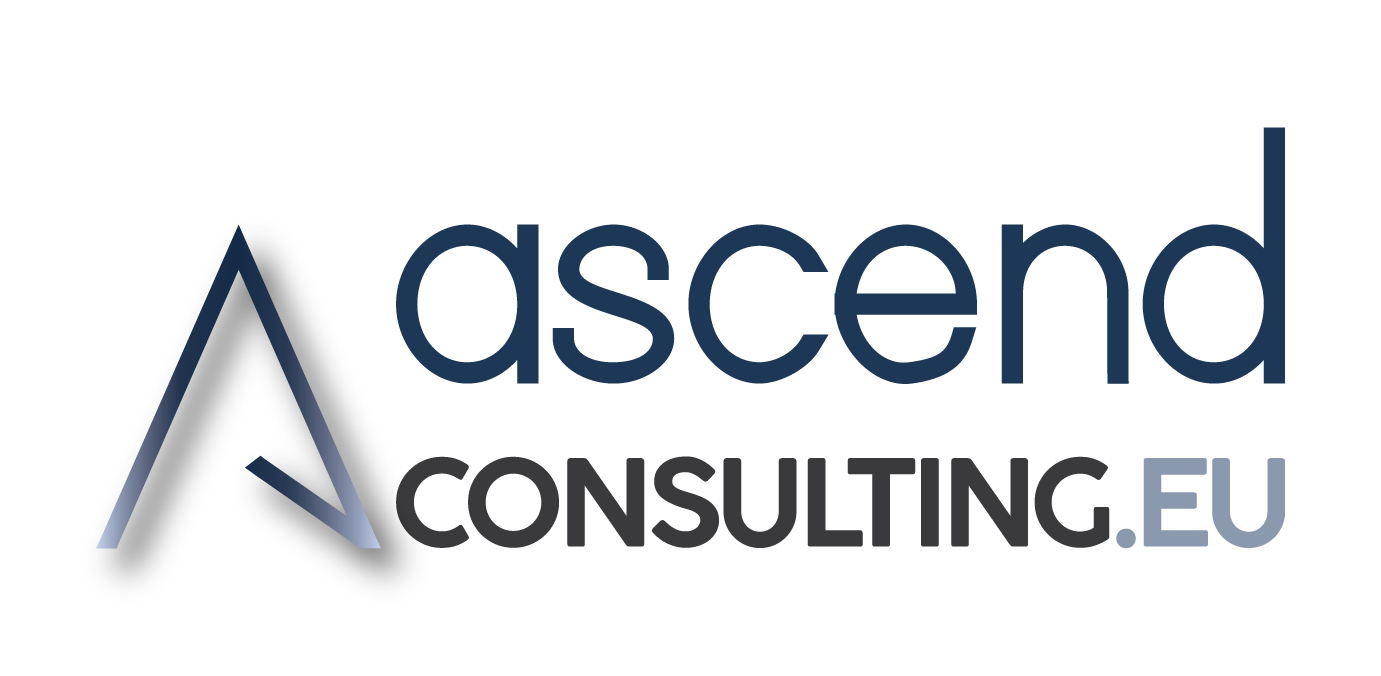Anamaria Magri Pantea, Times of Malta Business, 16 January 2014
Over 3 billion euros will be allocated during the period 2014-2020 through a new funding instrument specifically tailored to take account of SMEs’ characteristics.
Recognized as the actual driver needed for exiting the current economic crisis, innovation in SMEs will be further stimulated and supported by a dedicated financial instrument. Simplified and streamlined conditions and procedures, shorter time-to-grant period, use of lump sums and derogation from the typical pan-European project partnership requirement, are all envisaged to stimulate more SMEs to apply for and benefit of this funding.
This forms part of a large number of funding streams launched last December by the European Commission under its Horizon 2020 programme for research and innovation. For the first time, work programmes and calls for proposals have been announced for 2 years in advance, i.e. 2014 and 2015, thus allowing more time for interested parties to get prepared to tap into such funding.
Over 250 million euro are budgeted for 2014, with funding proposals being received any time as from 1st March and the first cut-off date being 18th June 2014.
With a company-focused and market-driven approach, the SME funding instrument is addressed to internationally oriented SMEs (or groups of such) that would like to implement an innovative idea in the way business is done. Such innovation can refer to products, services, design, various technological and business processes or new market applications of existing technologies.
The proposed idea can come from all types of innovative SMEs as long as it brings considerable novelty to the industry sector that it relates to, has European added-value and addresses specific challenges across a vast range of topics like:
- ICT open disruptive innovation schemes
- Accelerating the uptake of nanotechnologies, advanced materials or advanced manufacturing and processing technologies
- Boosting biotechnology-based industrial processes
- Clinical research for the validation of biomarkers and/or diagnostic medical devices
- Sustainable blue growth – marine, maritime and inland water bioeconomy
- Resource-efficient eco-innovative food production and processing
- Space
- Low carbon and efficient energy system
- Smart, green and integrated transport
- Eco-innovation and a sustainable supply of raw materials
- Mobile e-government applications
- SME business model innovation
- Security – protection of urban soft targets and urban critical infrastructures
Along three phases, this SME instrument will provide seamless support to take an innovative idea to the market, not just by filling a financing gap, but also by offering business coaching and mentoring. Very important to emphasize is that proposals for funding under this instrument can be submitted even by a single SME, and there is no compulsory requirement for three partners from three different participating countries.
In a first phase, a lump sum funding of 50,000 euro would be provided for assessing the technological and economical feasibility of any innovative idea and developing it into a groundbreaking concept (e.g. product, service, process, design) that works. Risk assessments, market and user involvement studies, intellectual property assessment and management, innovation strategy development, partner search, feasibility of concept and the like are all activities that could be undertaken in this phase. Applications for such funding are to be based on an initial brief business plan explaining the proposed idea.
In a second phase, a grant of 1 to 3 million euro (typically at a 70% co-funding rate) will be provided for bringing a viable innovative concept, commercially exploitable, to industrial maturity and ready for the market. Eligible activities in this sense cover demonstration, testing, prototyping, piloting, scaling-up, miniaturisation, design, market replication and the like, but may also include some research. For technological innovation a Technology Readiness Level of 6 or above is envisaged. Proposals for this phase are to be based on an elaborated business plan, developed either through phase 1 or otherwise (with SMEs being also able to apply directly for phase 2).
Furthermore, in a third phase, SMEs can benefit from indirect support measures and services, like for example: investment readiness training, development of a growth plan, promotion, connection to and networking with potential financiers and clients in Europe and beyond, access to the risk finance facilities supported by the European Investment Fund and European Investment Bank.
The SME instrument is implemented through an open call with a number of cut-off dates per year. Funding proposals can be submitted at any time as from 1st March 2014, with the first cut-off dates being 18th June for phase 1 and 9th October 2014 for phase 2. Proposals will be evaluated individually when they arrive and then ranked after the respective cut-off dates. It is thus important that proposals are submitted as soon as possible.
With a view to address SMEs innovation and growth in a holistic manner, the European Commission complements this SMEs dedicated instrument with a number of funding schemes aimed to further stregthen and improve the ecosystem for innovation support. In 2014, almost 10 million euros will be allocated to further develop the European IPR Helpdesks, increase the quality of IP advisory services to SMEs, create a European label for innovation voucher programmes, facilitate peer-learning of innovation agencies, community building and competence development for the business coaching and mentoring service to be provided under the SME instrument. Malta would definitely stand to benefit from engaging in such coordination and support actions for capacity building in innovation support across the EU.
All these funds, being provided directly from the EU’s centralised budget, can and should be be used in complementarity to and synergy with the Structural Funds allocated just for Malta, expanding the scope and impact of such innovation and innovation support projects, further integrating and taking them to the next level of deployment.
